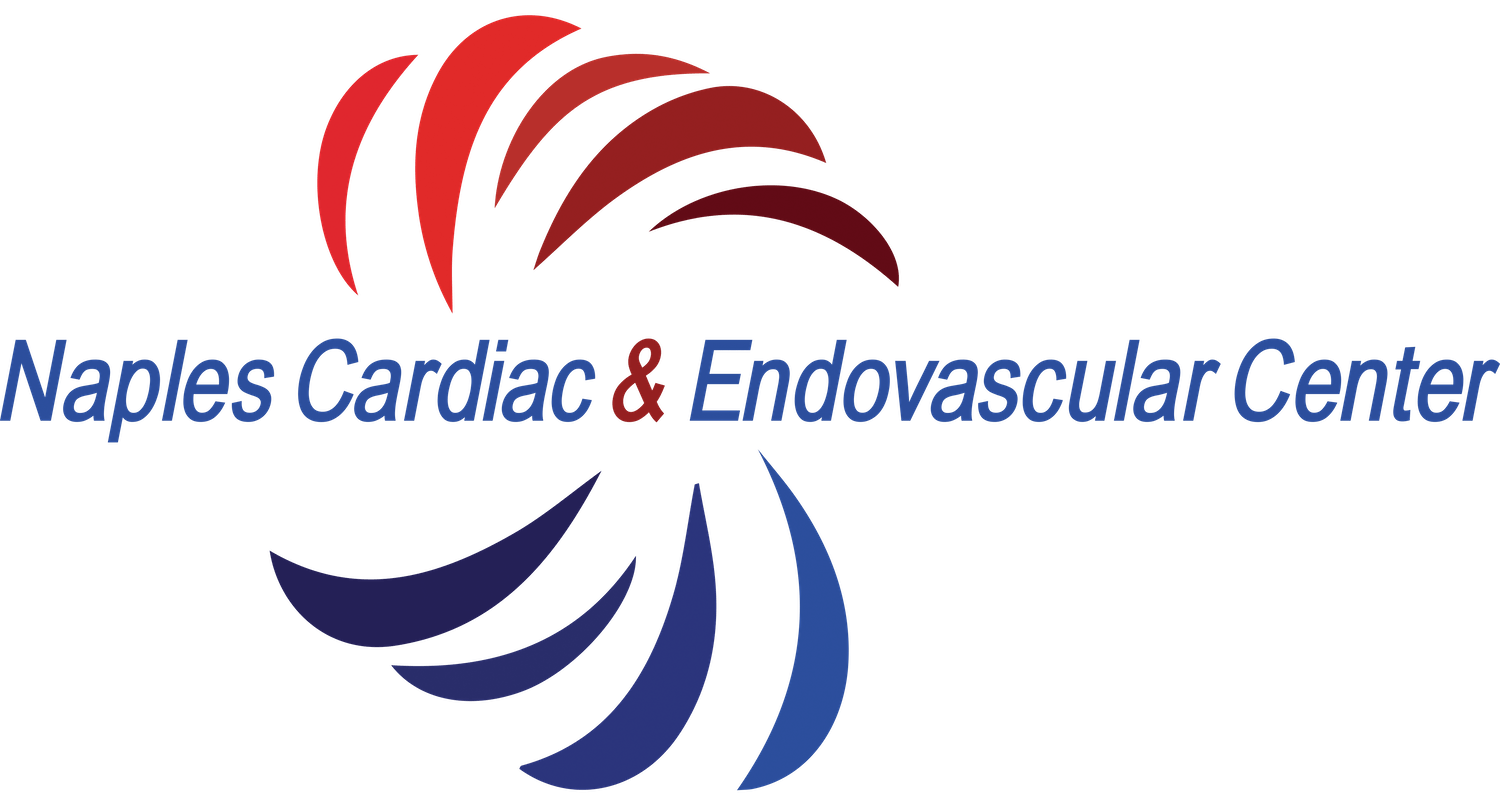Cardiomyopathy overview
Cardiomyopathies (“cardio” heart; “myo” muscle; “pathos” disease) refer to a group of diseases of the heart muscle. These diseases have many causes, signs and symptoms as well as treatments. In most cases, cardiomyopathy causes the heart muscle to become enlarged, thick or rigid. In some cases, healthy heart muscle tissue is replaced with abnormal tissue or scar tissue.
Dr. Leandro Perez discusses cardiomyopathy, the different types, signs, symptoms, tests and treatments.
Cardiomyopathy types
Cardiomyopathy types include:
Ischemic cardiomyopathy: related to coronary artery disease/myocardial infarction
Dilated (congestive) cardiomyopathy: enlarged heart without heart artery disease
Hypertrophic cardiomyopathy (HCM): related to abnormally thick heart muscle
Restrictive cardiomyopathy: related to rigid heart walls and reduced chamber filling
Arrhythmogenic right ventricular dysplasia (ARVC): genetic abnormality causing heart muscle replacement and arrhythmias
Amyloid cardiomyopathy: an abnormal protein replaces normal heart tissue
Cardiomyopathy causes
The cause of cardiomyopathy is often unknown. Causes may include:
Reduced blood supply (ischemic cardiomyopathy/ICM)
Long-standing uncontrolled hypertension (hypertensive heart disease)
Abnormally thick heart muscle (hypertrophic cardiomyopathy/HCM)
Viral infections (viral cardiomyopathy)
An abnormal substance replaces your normal heart muscle (infiltrative cardiomyopathy/restrictive cardiomyopathy)
Severe emotional distress (stress-induced cardiomyopathy/broken heart syndrome)
Very fast heart rhythm (tachycardia-induced cardiomyopathy)
Exposure to toxic substances (alcohol, cocaine)
Use of certain drugs (chemotherapy)
Cardiomyopathy symptoms
Some people with cardiomyopathy never have signs or symptoms. Symptoms include:
Leg swelling
Fatigue
Inability to exercise
Inability to lay flat
Poor energy levels
Trouble concentrating
Fainting spells
Chest pain
Swollen abdomen
Nausea, vomiting
Weight gain.
How is cardiomyopathy diagnosed?
The diagnosis starts with obtaining a personal and family medical history and performing a complete physical examination. Testing may include an electrocardiogram (EKG), echocardiogram, cardiac MRI, myocardial biopsy, blood and urine tests, right and left heart catheterization and genetic testing in certain circumstances.
Cardiomyopathy treatment
Treatment depends on the type of cardiomyopathy. Some cases require revascularization, others require specific medications. Most patients are treated with medications to improve heart function and improve quality of life and/or prolong survival.
Get screened for heart disease, click below or call (239) 300–0586


